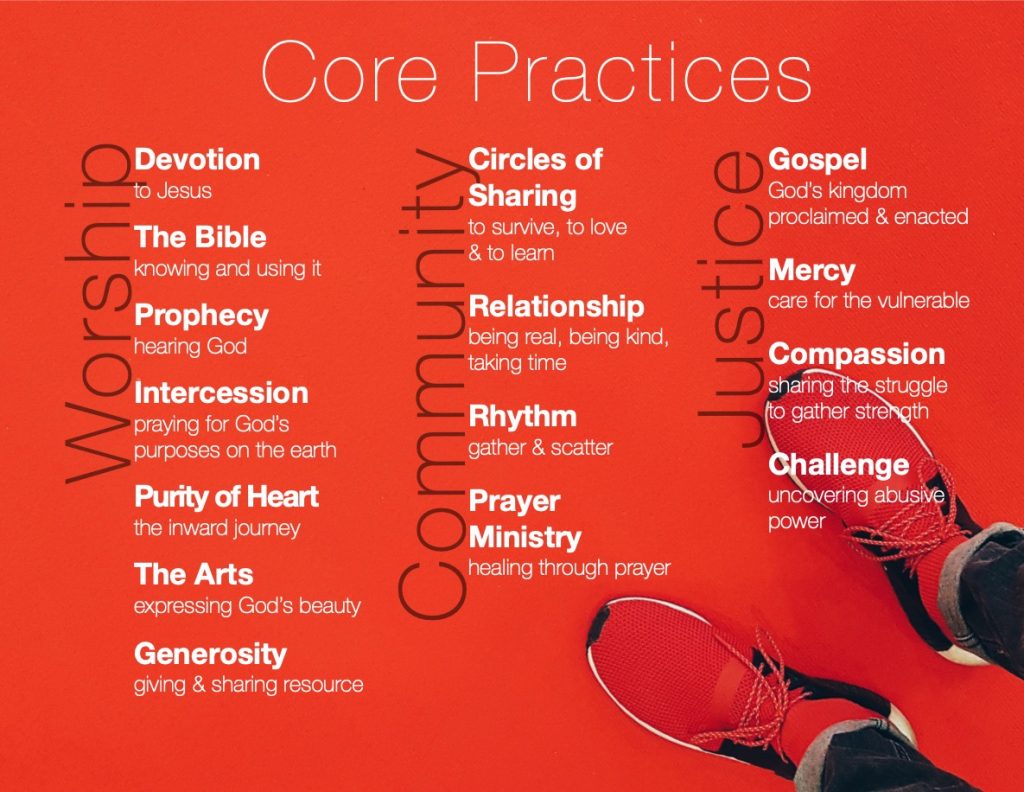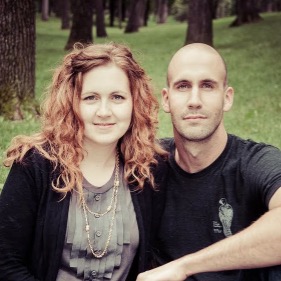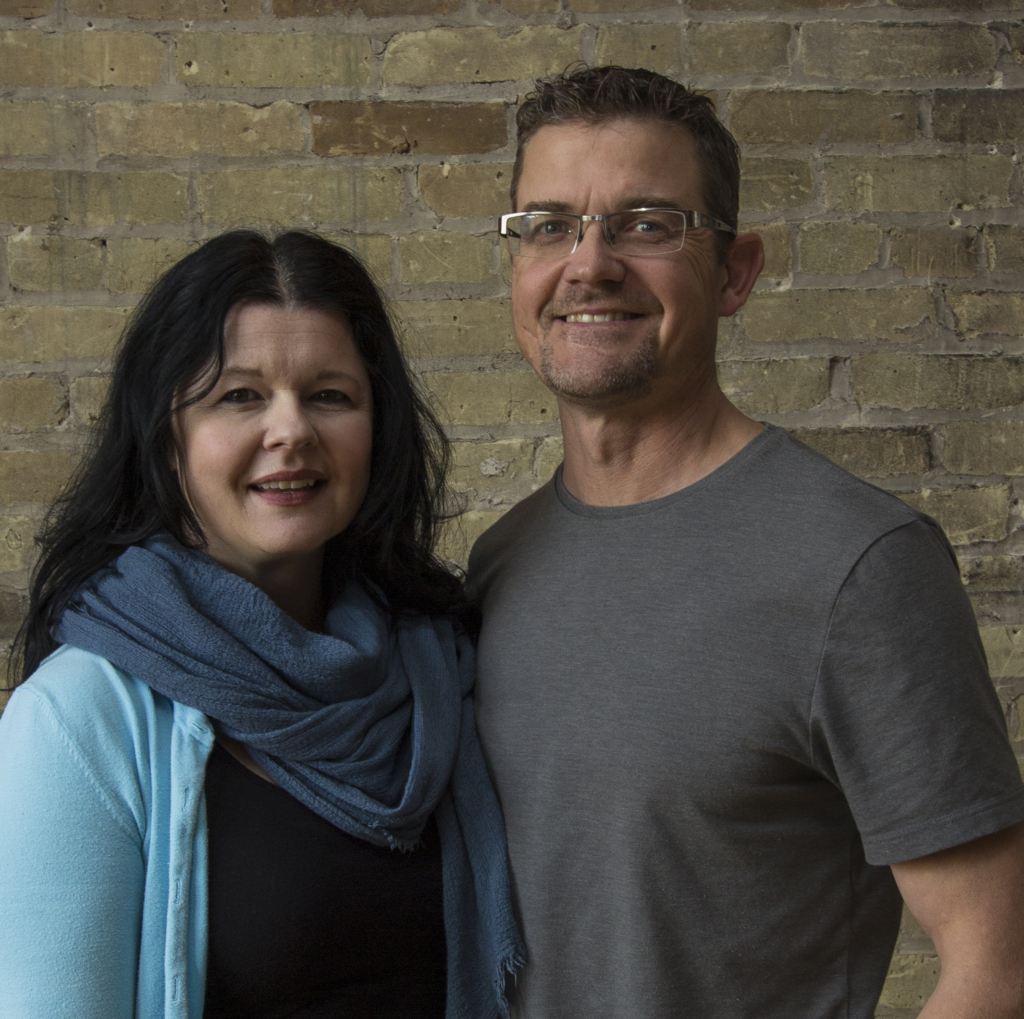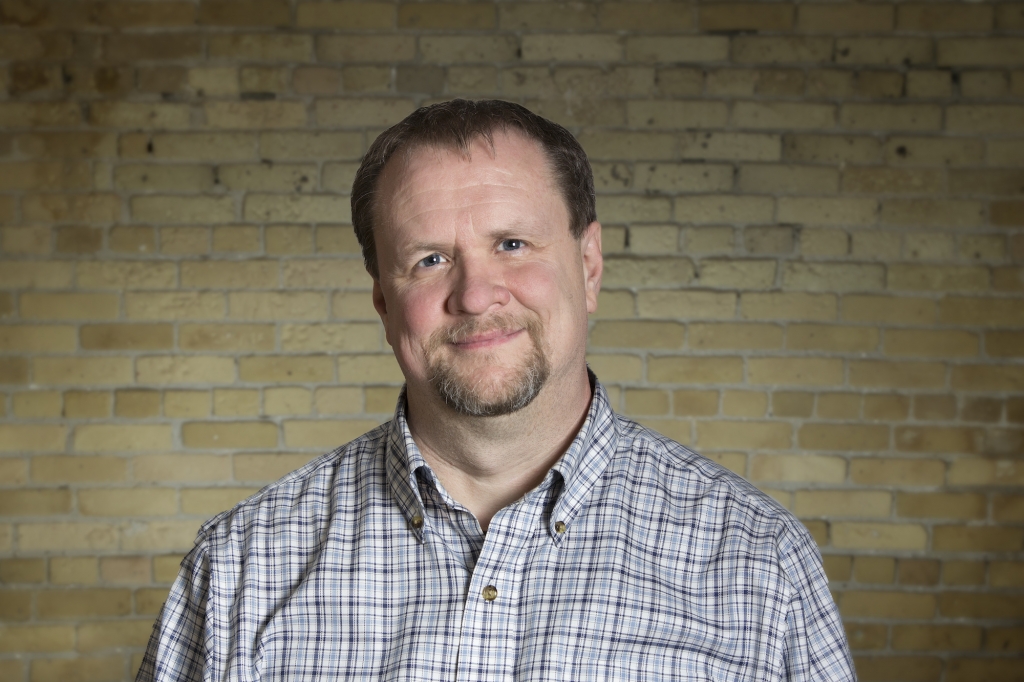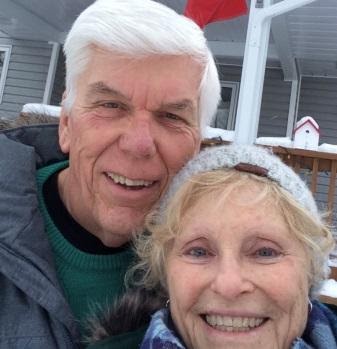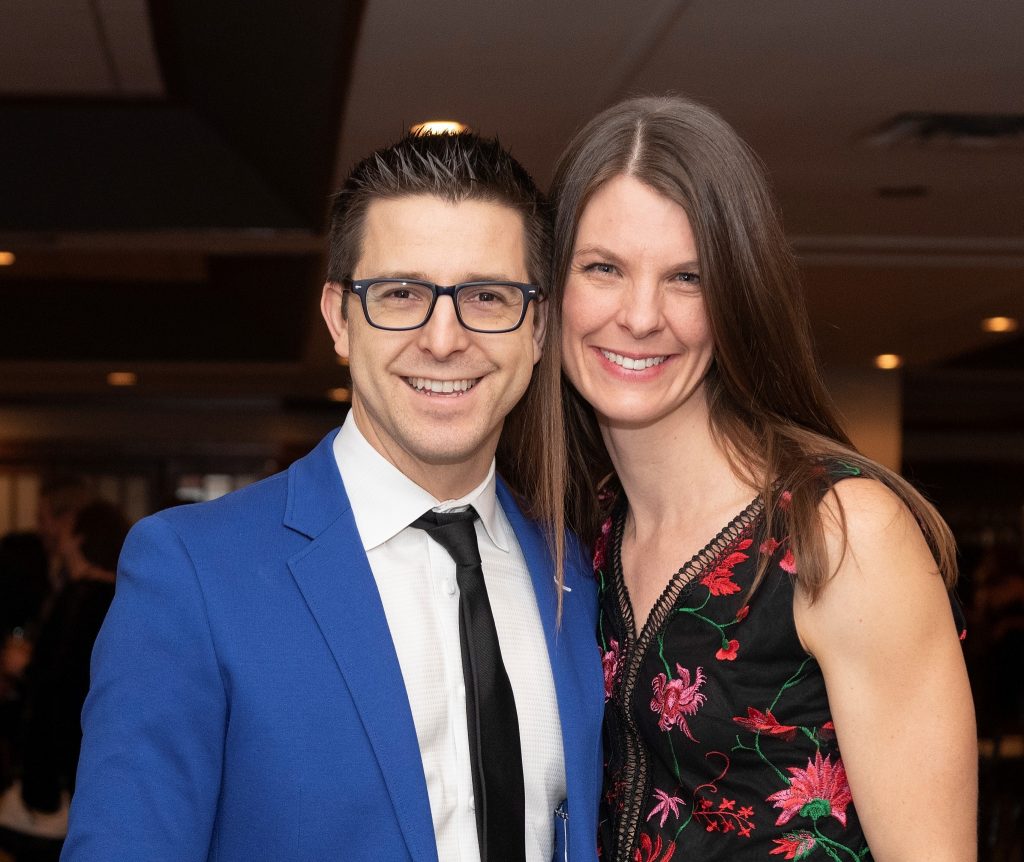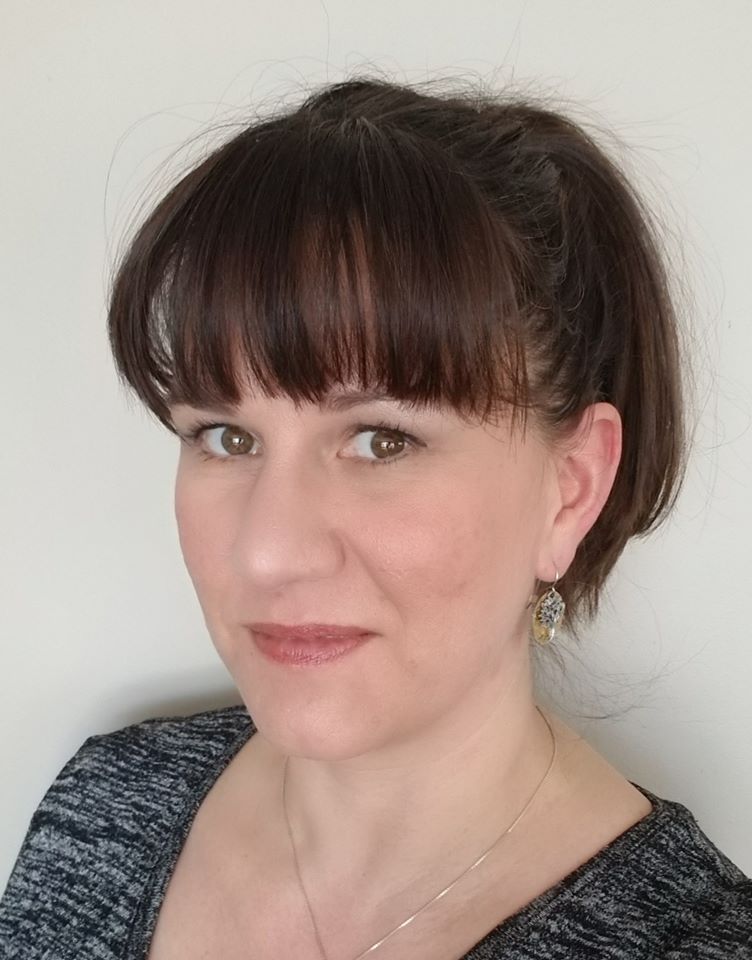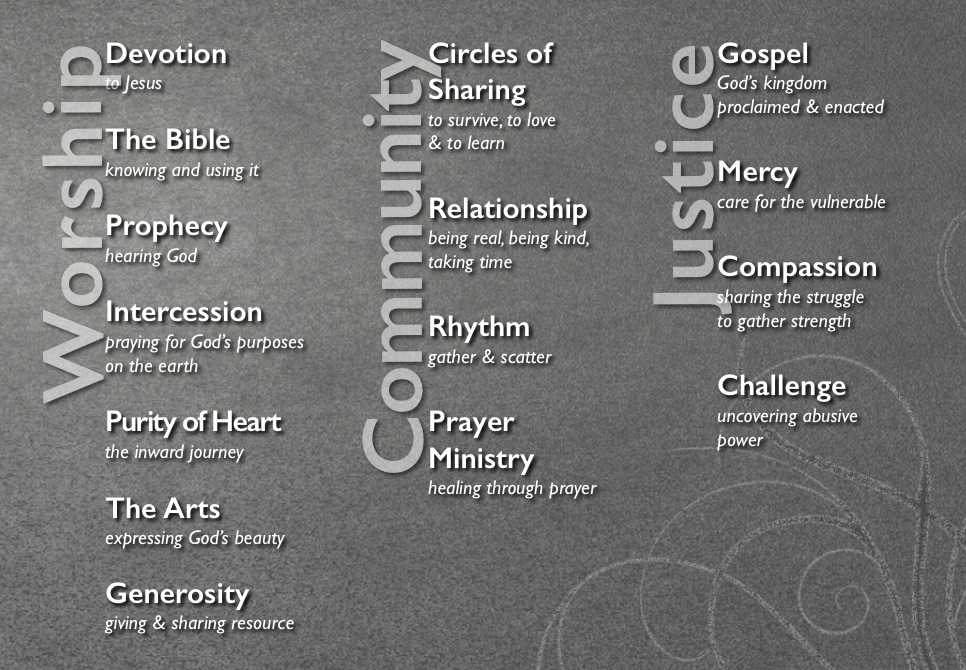Healthy Flow
Over the past few years we have been working to create a healthy leadership culture. In part this means having clear roles as well as establishing good flow in and out. This is why we have terms for Lay Elders and BOD members. Terms allow for continual inflow of fresh people in leadership as well as putting good limits on lengths of service. Of course, terms can be extended, but the basic idea is to create opportunity, growth, and movement in our leadership. Ideally, we would be visiting this question yearly in order to allow for strong continuity in leadership as well as opportunity for new leaders to emerge in this particular area.
 Looking forward we can see we are at a time where we need to explore in-flow of leadership into the Elder team.
Looking forward we can see we are at a time where we need to explore in-flow of leadership into the Elder team.
Below is some information about what being an Elder in WCV is all about, what we look for in people who are elders, what exactly elders do, and the process for discerning new elders.
Would you take a moment to look at this information and consider who in your circles might be a good fit based on the criteria below? We are interested in your perspective and want to hear from you. Read on to find out exactly how. Thanks!
The Role of the Elders at WCV
In the Vineyard, Elders function as overseers who tend to the spiritual health and vision of the community. They are a small group of seasoned leaders and followers of Jesus who gather regularly to prayerfully seek God’s direction and counsel for matters relating to church life and spiritual growth. There are two kinds of elders in Winnipeg Centre Vineyard – Pastoral Elders (typically paid staff members)* and Lay Elders (volunteers from the church community).
There are a number of examples of Elders’ roles in scripture including: leading the church [1 Tim 5:17; Titus 1:7; 1 Peter 5:1–2], teaching and preaching [1 Timothy 3:2; 2 Timothy 4:2; Titus 1:9], encouraging, challenging and protecting the church according to scripture [1 Timothy 4:13; 2 Timothy 3:13–17; Titus 1:9], visiting the sick and praying [James 5:14; Acts 6:4], and weighing issues of doctrine [Acts 15:6]. They are charged with the care of the community – to help, equip and lead.
In WCV, the Pastoral and Lay Elders work together, however the Pastoral Elders have the added responsibility of implementing the daily tasks associated with our vision. Currently the Elders are led by our Lead Pastor who is accountable to the whole leadership team (BOD & Elders).
The Pastoral and Lay Elders have the authority to tend to the needs and spiritual affairs arising from the vision of the church community. However, if their proposed actions will have an effect on the macro vision of the church or the legal, managerial, or financial affairs of the church community, they must obtain the approval of the Board of Directors before moving forward.
Current Pastoral Elders:
- Andy (lead) & Beckie Wood (lay elder)
- Violet Rademaker (non-paid)
Current Lay Elders:
- Cornelius (BOD Chair) & Tania Martens (term ends Fall 2023)
- Lindsay & Lois Ward (term ends Fall 2023)
- Christy Chan (term ends Fall 2023)
*Note: Not all WCV staff members are automatically Pastoral Elders.
What we look for in Elders:
1. Biblical requirements for Eldership as explained in 1 Timothy 3 & Titus 1.
2. Walking out and dialoguing with our 15 Core Practices. Of particular note are: Devotion to Jesus (elders should be devoted to their walk with God), Circles of Sharing (a hallmark of eldership is hospitality) and Generosity (elders should be tithing to the local church).
3. A good fit with the current team and the season the Vineyard is in. While there are many people who generally qualify as elders, the current elders must prayerfully discern who is the best fit for right now. What skills and gift mix will best suit the team that exists? Do we have a good representation of the voices of our community in our leadership (young, old, male, female, married, single, etc.)? This is not a popularity contest – it is a serious process to discern who God has prepared and gifted to serve the whole community at this time.
4. Already serving in ministry in some form in the church (worship, children, youth, house group, hospitality, etc.). Elders carry a pastoral heart for the community which finds expression.
5. Elders, while not always older, are all seasoned leaders and followers of Jesus.
6. Elders can be married couples, singles, or one partner in a marriage.
A few points to keep in mind:
- Leadership is servanthood. It’s not about ordering others around, but rather serving others (Luke 22:25-27). Being an elder isn’t a promotion. Rather, it’s a recognition of the way a person is currently serving and influencing our community.
- Leadership is action. It’s not about position or titles. While specific roles can be very helpful, true leadership is never about titles. If someone has a position of leadership, but doesn’t have anyone following, then they’re just going for a walk.
What Serving as a Lay Elder Looks Like:
While we normally choose elders who are already “eldering” in our community, there are several added responsibilities for those serving on the Eldership Team.
- Communication and Minutes. Elders are put on the email thread for weekly staff minutes, BOD minutes, and other church leadership news items. Elders should be reading these forms of communication to keep a pulse on what is going on. They should also ask questions, and add input as needed, as well as regularly pray for the church.
- Monthly Elder Meetings. The Pastoral and Lay Elders gather together once a month. The purposes of these meetings are two fold: a) to spend an time in worship and prayer, listening for what God is doing in our midst, and discern what He is inviting us to. b) Talking through spiritual needs in our community, and making plans for extending care.
- Leadership Team Gatherings. The Lay Elders, Pastoral Elders, and Board of Directors will occasionally gather together to be face to face with one another as we seek God’s vision and direction, and collaborate in aligning our strategies to walk forward together. Additionally, there will be other opportunities to gather with other leaders in WCV for training, connection and envisioning.
- Yearly Retreat. Once a year (typically May / June) the Elders go on a two day retreat with a focus of praying and seeking God together. During this time we reflect on the highs and lows of the last year, and begin to dream and envision the next year. In the past few years these retreats have been modified due to public health realities.
- Regular Connection with Community. Elders need to commit to being available to serve and extend care to the community. This involves welcoming newcomers, gathering to pray for those in need, showing hospitality, and meeting with congregants to listen to questions, concerns or suggestions.
New Lay Elder Process:
 New Lay Elders are nominated and selected through a several month process. The regular term for elders is three years. We want to be engaging in the process of bringing in new lay elders every few years as current elders step down. This creates a healthy rhythm in leadership.
New Lay Elders are nominated and selected through a several month process. The regular term for elders is three years. We want to be engaging in the process of bringing in new lay elders every few years as current elders step down. This creates a healthy rhythm in leadership.
Here is a detailed look at what the new Lay Elder Process looks like:
- Nomination and Discernment (February – March 31, 2022). During this time the community and the elder team nominate those they see are currently functioning as elders (even if they don’t have the position). Prayerfully ask, “who do I naturally look to for counsel, support, care, etc?” Chances are, those are the people who are already functioning as elders. At the same time, the Pastoral and Lay Elders are prayerfully discerning if people qualify and are a good fit for the current team and season of life the church is in.
- Proposal & Mutual Consideration (March 31 – April 30). The Pastoral Elders will contact potential new elders and invite them to prayerfully consider. This is a period in which we see if this “seems good to us and the Holy Spirit”.
- Prospective Elder Period (May – Oct). This is a (typically) three-month period during which prospective elders come to monthly elder meetings and are in communication with Pastoral Elders. At the end of this period it’s determined if it is a fit.
- Membership Vote (Meeting in Fall 2022, or Spring 2023 at the AGM). Those who are formal members of WCV are able to vote on the prospective new elders. If the new elder is ratified, this begins their 3-year term. Bear in mind that this is a vote, not on who should become elders, but on whether those who’ve been identified via the above process are the right decision for the Vineyard at this time.
An Invitation:
We invite you to prayerfully consider who the Lord may be inviting to step into serving the community for the next season of our life together. We will be using the above criteria to prayerfully discern who to invite into this area of leadership and service. Please submit names to the office or Andy until April 7, 2022.
Photo by Tim Mossholder on Unsplash
Photo by Nicholas Ng on Unsplash

